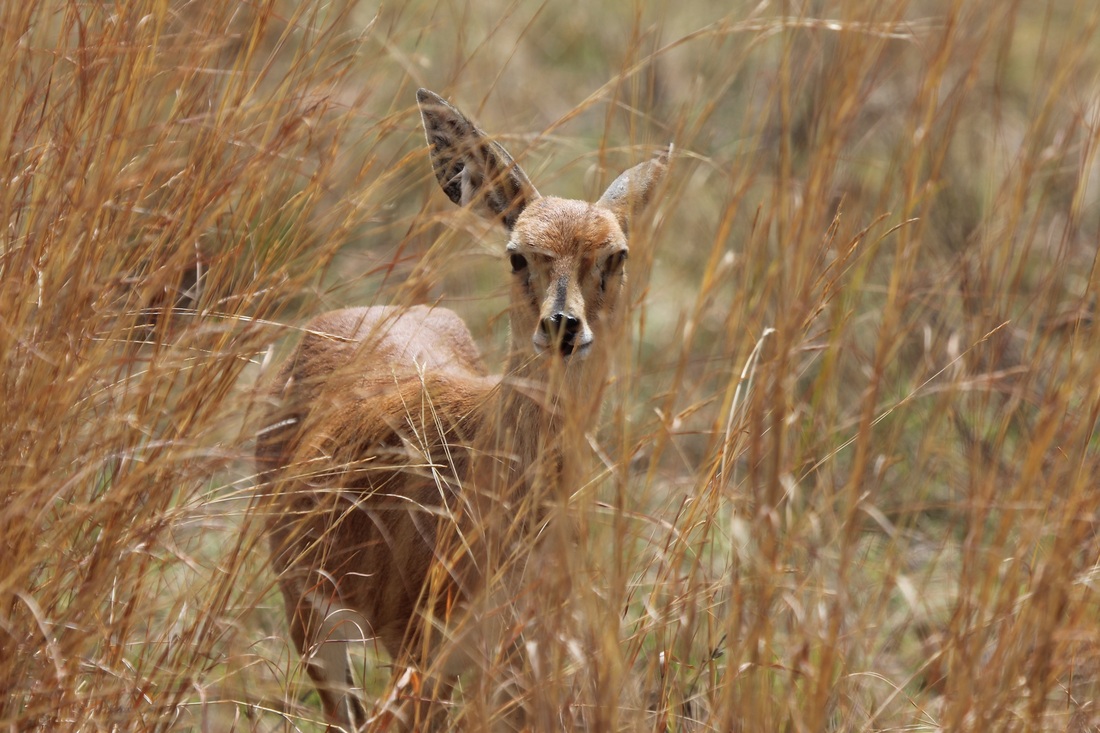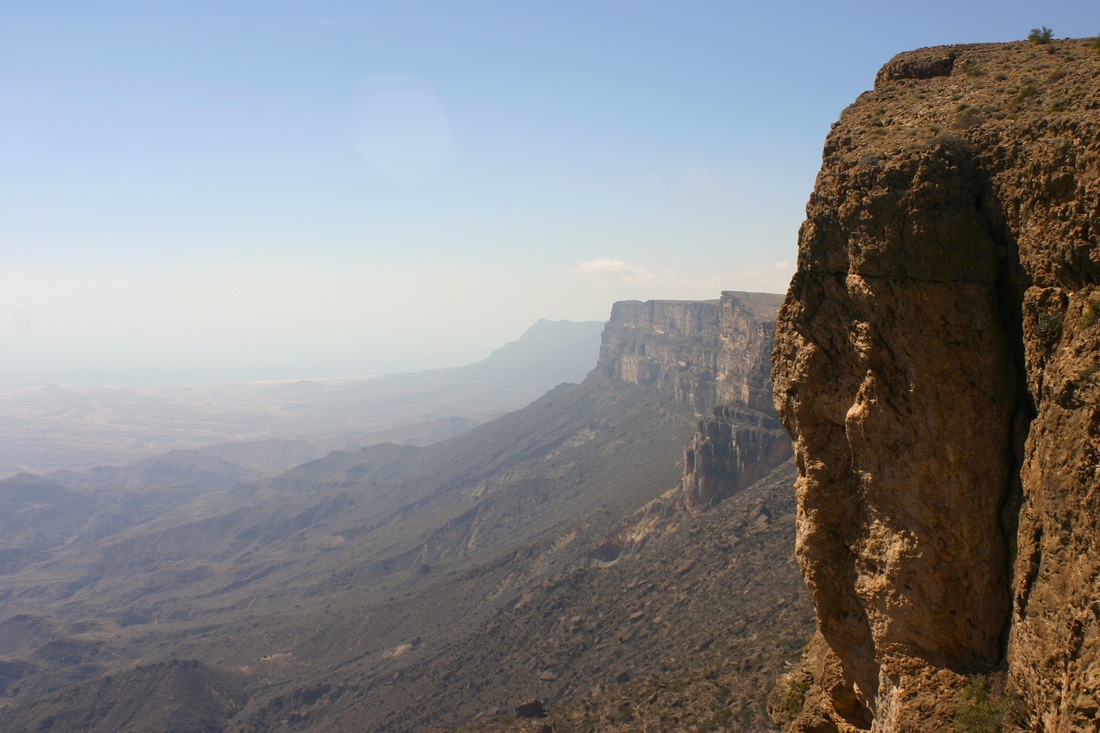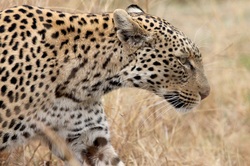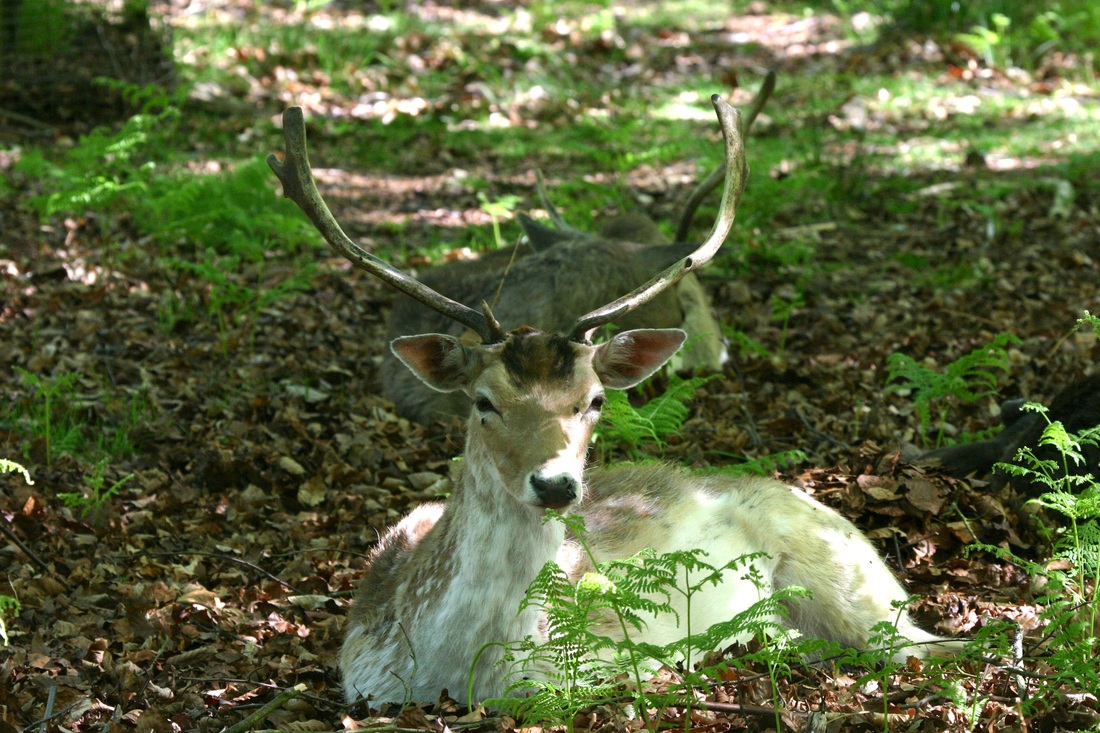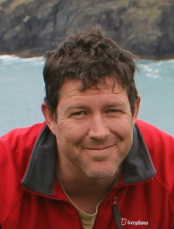
Philip Stephens
I use predictive population ecology to inform biodiversity conservation and wildlife management. In pursuit of a better science of predictive population ecology, my research is focused on four interacting themes. First, to make predictions, ecologists need a robust understanding of available data. Ecological data are noisy, however, demanding a careful treatment of uncertainty and cautious inference. I am interested in understanding uncertainty and its sources in ecological data, and in methods to make robust inferences from data. Second, baseline data often come from biodiversity monitoring, and I am interested in monitoring techniques and their interpretation. Third, there is no fundamental theory to guide predictions about how populations will respond to change – but there is a fundamental theory to make predictions about how individuals will respond to change: natural selection. By understanding how natural selection operates and influences individual strategies, we can strengthen the predictions we make about populations, whose fates are the sum of the fates of their constituent individuals. Fourth, populations do not exist in a vacuum, so I am also interested in species interactions – especially predator-prey interactions and their energetic underpinnings. Position: Professor in the Department of Biociences
Membership: Behaviour, Ecology and Evolution Research (BEER) Centre Contact Details: Department of Biosciences, Contact Details: Durham University, South Road, Durham, DH1 3LE. Contact Details: Phone: +44 (0)191 334 9102 Contact Details: Email: [email protected] Education
2002 PhD, University of East Anglia 1997 MSc, Durrell Institute of Conservation and Ecology 1993 BSc Bristol University Supervises
|
Selected Publications
Howard, C., Flather, C.H. & Stephens, P.A. (2020) A global assessment of the drivers of threatened terrestrial species richness. Nature Communications 11, 993.
Stephens, P.A., Vieira, M.V., Willis, S.G. & Carbone, C. (2019) The limits to population density in birds and mammals. Ecology Letters 22, 654-663.
Howard, C., Flather, C.H. & Stephens, P.A. (2018) What drives at-risk species richness? Environmental factors are more influential than anthropogenic factors or biological traits. Conservation Letters e12624
Stephens, P.A. et al. (2016) Consistent response of bird populations to climate change on two continents. Science 352, 84-87.
Stephens, P.A. (2015) Land sparing, land sharing, and the fate of Africa’s lions. Proceedings of the National Academy of Sciences of the USA. 112: 14753–14754.
Stephens, P.A., Houston, A.I., Harding, K.C., Boyd, I.L. & McNamara, J.M. (2014) Capital and income breeding: the role of food supply. Ecology. 95:882–896.
Howard, C., Flather, C.H. & Stephens, P.A. (2020) A global assessment of the drivers of threatened terrestrial species richness. Nature Communications 11, 993.
Stephens, P.A., Vieira, M.V., Willis, S.G. & Carbone, C. (2019) The limits to population density in birds and mammals. Ecology Letters 22, 654-663.
Howard, C., Flather, C.H. & Stephens, P.A. (2018) What drives at-risk species richness? Environmental factors are more influential than anthropogenic factors or biological traits. Conservation Letters e12624
Stephens, P.A. et al. (2016) Consistent response of bird populations to climate change on two continents. Science 352, 84-87.
Stephens, P.A. (2015) Land sparing, land sharing, and the fate of Africa’s lions. Proceedings of the National Academy of Sciences of the USA. 112: 14753–14754.
Stephens, P.A., Houston, A.I., Harding, K.C., Boyd, I.L. & McNamara, J.M. (2014) Capital and income breeding: the role of food supply. Ecology. 95:882–896.
